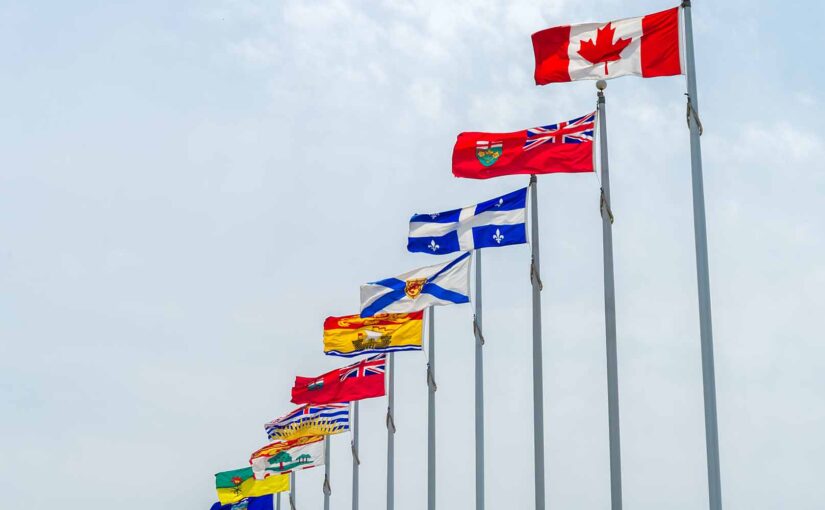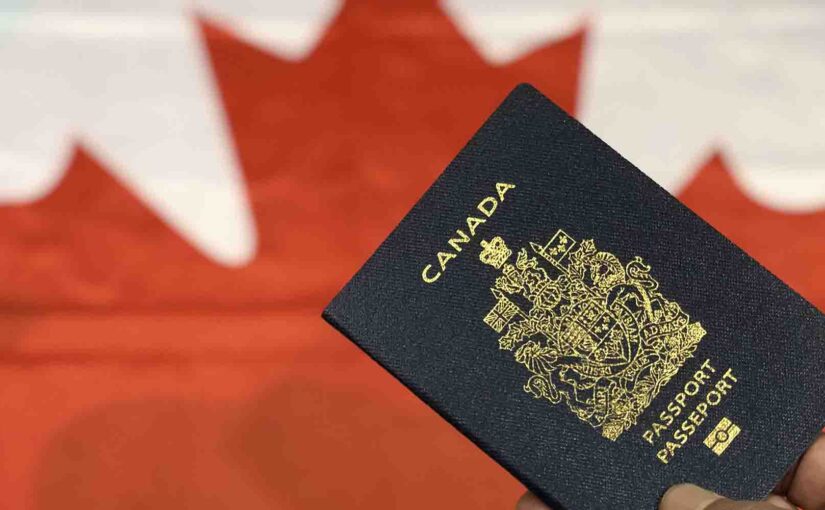Search this article on Google: What are the requirements for applying for permanent residency in Canada?
Applying for permanent residency in Canada is a detailed process involving multiple steps. Here are the key requirements as advised by veteran lawyers at LexLords Canada Immigration Lawyers:
1. Proof of Eligibility: One of the first requirements is to prove your eligibility. This can be done under several programs including Federal Skilled Worker Program, Federal Skilled Trades Program, Canadian Experience Class, or Provincial Nominee Program.
2. Language Proficiency: You must demonstrate proficiency in either English or French, which are Canada’s two official languages. This is usually proven through a standardised language test authorised by Immigration, Refugees and Citizenship Canada (IRCC).
3. Medical Examination: All applicants applying for permanent residency will need to undergo a medical examination to demonstrate that they don’t possess any health condition that could pose a threat to Canadian public health or cause excessive demands on health or social services.
4. Security Clearance: In order to ensure the safety of its citizens, Canada requires all applicants to undergo a security check and criminal-record check.
5. Financial Stability: You will also need to prove that you have enough money to support yourself and your dependants after you arrive in Canada unless you are able to legally work or have a valid job offer.
6. Valid Passport: A valid passport or travel document is necessary for identification purposes.
7. Education Credentials Assessment (ECA): If you’re applying under the Federal Skilled Worker Program, or you want to get points for the education you got outside Canada, you’ll need an ECA report.
8. Work Experience: Your work experience must be paid, full-time (or an equal amount in part-time), and in the last 10 years.
Remember, it is advisable to engage with a seasoned immigration lawyer who can guide you with accurate and up-to-date information about the application process and the changing immigration policies in Canada.









